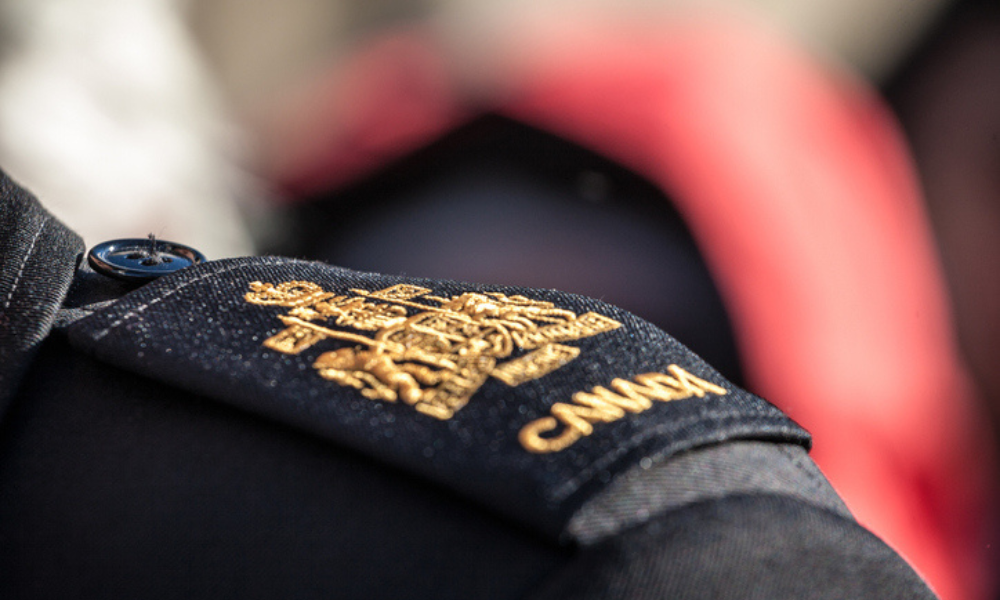High-level, disciplined professions not immune to workplace harassment, discrimination

The risk of harassment and discrimination can be present in pretty much any workplace. While some industries may see it more prevalent than others, nowhere is immune.
Even organizations with highly trained and skilled professionals with a high standard for conduct can suffer from harassment and discrimination. And it can be more serious when those organizations require a high level of trust from employees and must have a high level of trust from the general public.
And if the organization is in the public sector, the breach of public trust can be devastating.
The vulnerability of any employer to workplace harassment and discrimination became apparent recently when the Canadian Security Intelligence Service (CSIS), Canada’s federal spy agency, agreed to hire an independent human rights specialist. The hiring was part of a settlement of a complaint by a Black intelligence officer with the organization.
Sexual harassment in the military
We don’t hear much about CSIS due to the fact that its work is generally pretty secretive, but problems with discrimination and harassment aren’t unique there. Several years ago, an external review of the Canadian Armed Forces (CAF) found that there was an “underlying sexualized culture that is hostile to women and gay members” that fostered serious incidents of sexual harassment and assault. This came after multiple accounts of rape and sexual assault in the Canadian military being pushed aside and victims being forced to leave the CAF.
The report helped the CAF move forward with addressing these issues, including the punishment of 30 people for sexual misconduct about a year after the report. The punishment ranged from fines to dismissal from the CAF.
The CAF seems to be taking it seriously, as two years ago it charged the former head of human resources with sexual assault and an indecent act – the trial was in August 2023 with the verdict pending - and the Defence Minister apologized to victims of sexual harassment, sexual assault, and discrimination.
The report found that a big part of the problem was that the CAF’s process for handling complaints was flawed, as there were three different ways someone might have to pursue a complaint. Ultimately, there as a culture problem that protected perpetrators and ostracized victims – a problem also seen in the RCMP.
Bullying, harassment in the RCMP
Canada’s national police force has been dealing with some serious issues in recent years that revealed a culture of harassment and discrimination, and it has cost the RCMP dearly in both reputation and money. Nearly two decades ago, a BC court awarded a female former RCMP officer $950,000 including $125,000 in damages for serious psychological harm along with lost wages and future earnings – the devasting effect of the harassment made it difficult to continue her career, said the court.
That case was just the beginning, as in 2013 another report, this one against the RCMP, was released looking at more than 700 harassment complaints filed between 2005 and 2011. Ninety per cent of the complaints were about bullying and four per cent alleged sexual harassment.
The report found that the manner in which the force’s harassment policy was applied varied widely, including the use of informal processes at times. Recommendations included centralizing the complaint process, speeding up the complaint process, and mandatory training.
Complaints about discrimination, harassment
A common issue with both the CAF and RCMP was the complaint processs and how discrimination and harassment complaints could get bogged down or pushed aside. Just recently, there have been calls for workers in federally regulated workplaces to be allowed to file complaints directly to the Canadian Human Rights Commission. Currently, the commission can deny complaints if the complainant “failed to exhaust” a review process the was reasonably available to them through their own employer. Some have called it a “loophole” that can stall harassment and discrimination complaints. However, CAF members who have experienced sexual harassment or sex discrimination now file complaints through the commission, so perhaps the RCMP will soon follow.
Other public sector employers have problems, too. Just this year, a survey of City of Ottawa municipal employees found that a significant proportion believed that workplace violence and harassment was not taken seriously by the employer. And, more disturbing, one in three said they were aware of abusive, disrespectful treatment and bullying of employees in their service area.
Public sector employers generally must have the trust of the public to be effective and the nature of their operations requires a high bar for workplace behaviour. When harassment and discrimination happens in those workplaces, it can be glaring. How these employers handle such behaviour and what they due to change the culture of their workplaces can set an example for other public and private sector employers across the country.




